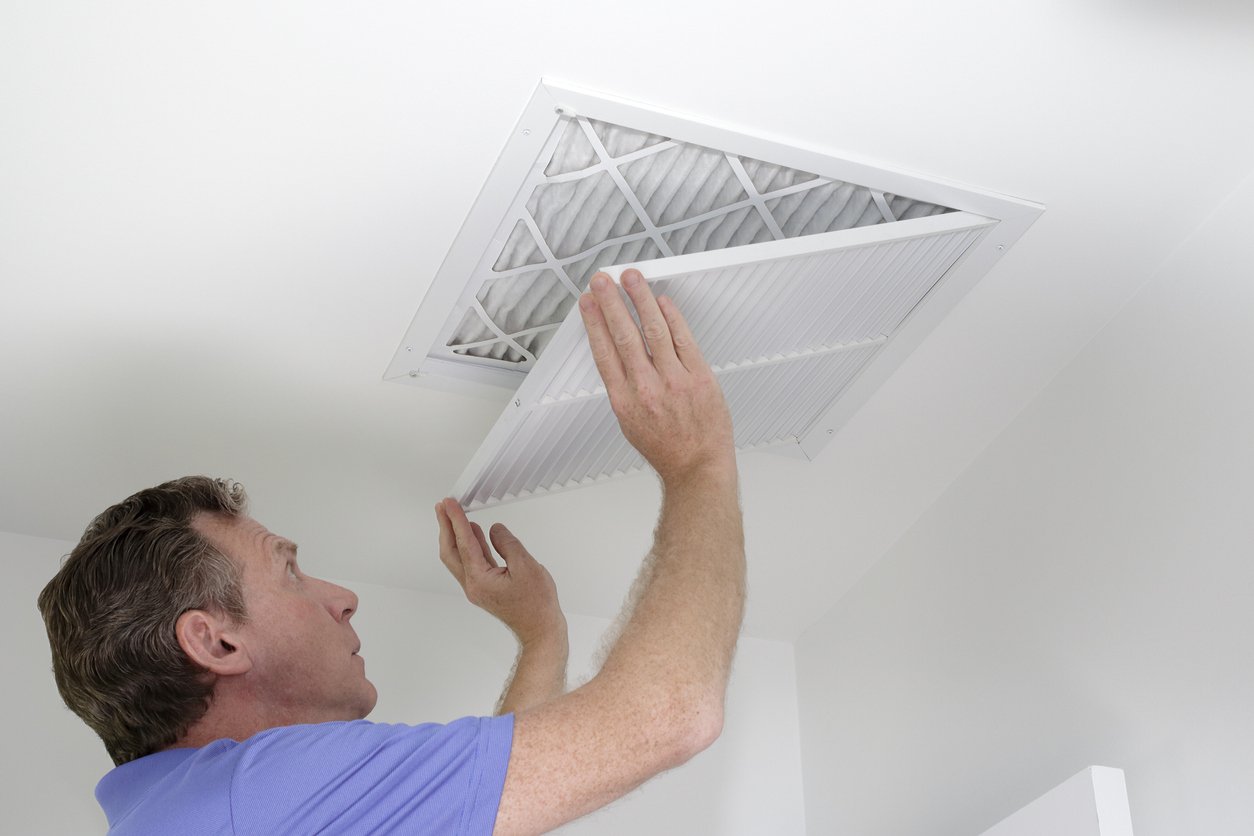Experiencing a wet HVAC filter can be puzzling, yet it’s a common issue for many homeowners and businesses. Understanding why your HVAC filter is wet is crucial for ensuring your HVAC system operates efficiently and maintains good air quality in your space.

What Causes a Wet HVAC Filter?
There are several reasons why your HVAC filter may be wet. These include issues with humidity, drainage problems, installation errors, and more. Let’s explore these common causes.
High Humidity Levels
In regions with high humidity, like Florida, moisture can accumulate in the HVAC system. As the air circulates, excess humidity may result in a wet filter. For more on the impact of humidity, check out humidity levels in Florida.
Poor Drainage or Clogged Drain Line
Your HVAC system’s drain line can become clogged, leading to water back-up and soaking the filter. Regular maintenance checks can help prevent this.
Recognizing Symptoms of a Wet Filter
Knowing the symptoms can help spot the issue early. Look for musty odors, decreased air quality, or visible moisture buildup.
Musty Smells
If you notice a musty smell in your home, it might be because your wet filter has developed mold or mildew.
Decreased Air Quality
A wet filter may cause poor indoor air quality. Learn more about the implications of poor indoor air quality and how to address them.
Steps to Fix a Wet HVAC Filter
Once you’ve identified a wet filter, it’s essential to address the root cause promptly to preserve your system’s functionality.
Inspect and Clear Drain Lines
Check if your systems drain lines are clear. Blocked lines should be unclogged to ensure proper drainage.
Replace the Filter
If the filter is soaked, its advisable to replace it entirely. Consult online guides like how to change your HVAC filter for detailed steps.
Preventive Measures
To avoid future occurrences, consider these preventive measures.
Regular Maintenance
Schedule regular maintenance checks for your HVAC system to catch potential problems before they become significant.
Monitoring Humidity Levels
Install a dehumidifier if necessary, to manage and control residential humidity levels.
Professional Consultation
When in doubt, consult HVAC professionals to evaluate your system and provide tailored solutions.
Important Considerations
Understanding and addressing your HVAC system’s needs is pivotal. Whether fixing a current problem or preventing future issues, informed homeowners make the best decisions for their family’s comfort and safety.

FAQ Section
How often should my HVAC filter be checked?
It’s advisable to check your HVAC filter every month and replace it every 3 months or as recommended by your system’s manual.
Why might my HVAC system freeze?
A common reason for HVAC systems freezing is restricted airflow from a dirty or wet filter.
Can I clean and reuse a wet filter?
It’s not recommended to clean and reuse a wet filter, as mold and bacteria might thrive, causing health concerns.
Are all HVAC filters the same size?
No, HVAC filters come in various sizes. Ensure you know your HVAC system’s specific requirements before purchasing a new filter.






